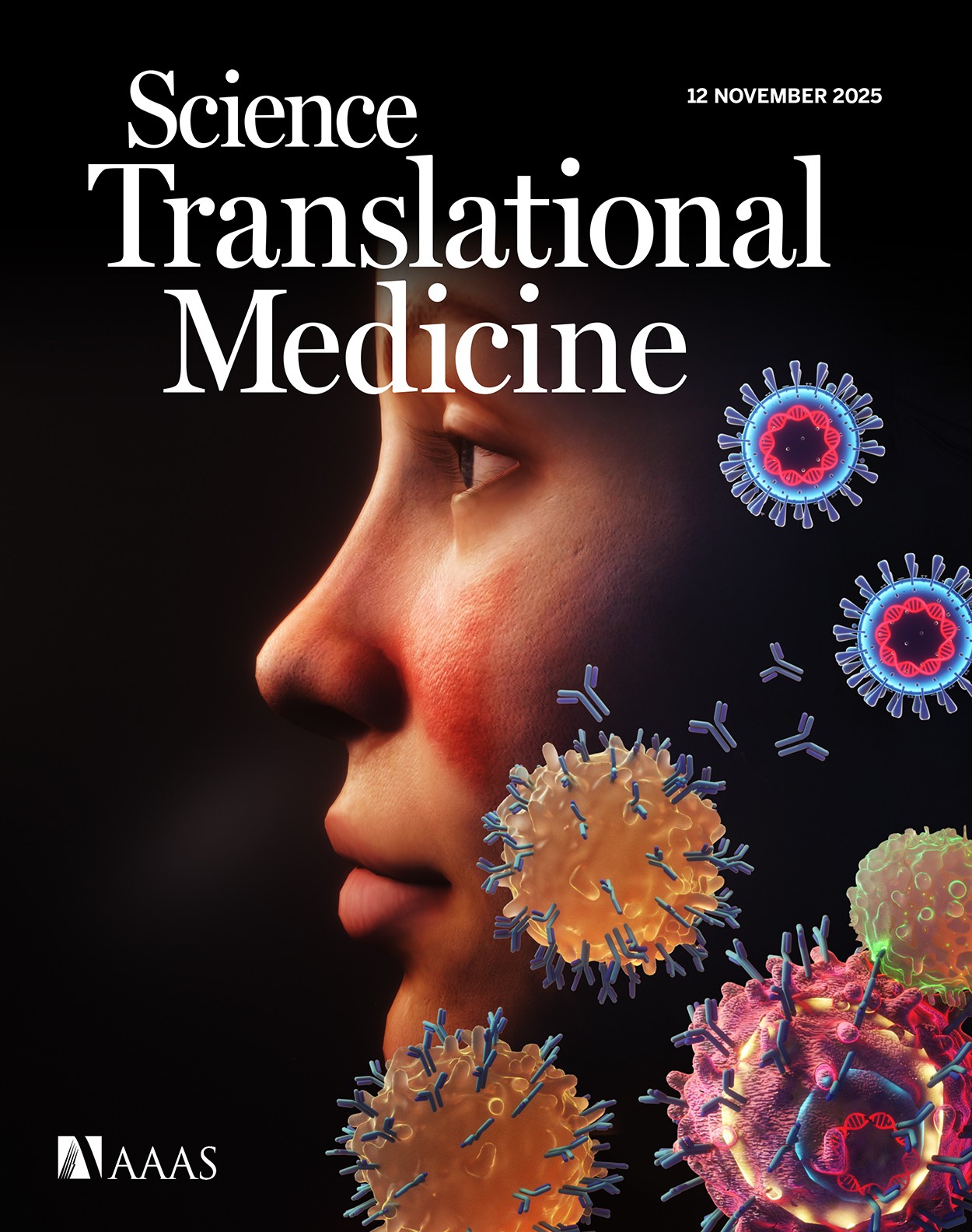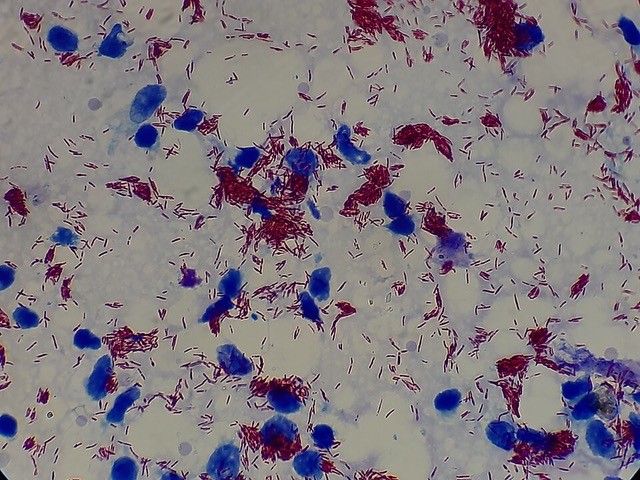Intestinal Candida albicans overgrowth in IgA deficiency 07 June 2023
The human body not only harbors bacteria and viruses, but also a collection of fungi, termed the mycobiota, that colonizes various body sites of healthy individuals, particularly the gut lumen.
The evidence of gut mycobiota involvement in human health and disease has recently increased the interest in the immune mechanisms that control host-mycobiota mutualism. In other terms: how do we make sure that innocuous fungi residing inside our gut remain quiet and do not turn into dangerous invaders able to break through the intestinal barrier raising havoc in our blood and organs? Candida albicans is one of these commensal fungi that are commonly found in the human gut without causing trouble. This inoffensive behavior notwithstanding, C. albicans can also cause life-threatening invasive infections. Central to the pathogenic potential of this commensal is its ability to convert from innocuous round yeast cells to a filamentous, so-called “hyphenated”, form that is able to invade mucosal epithelial cells, leading to blood infection.
Moreno-Sabater et al. postulated that IgA might play a key role in the establishment of this equilibrium by preserving gut mycobiota diversity and intestinal barrier homeostasis. Their study shows that IgA antibodies present in our blood and body fluids such as milk and fecal water are able to bind a large range of members of the human mycobiota family. IgA is associated with the preservation of intestinal mycobiota diversity, and decreases fungal translocation through the intestinal barrier.
But then if IgA appears to participate in the survey of the mycobiota why do most individuals lacking IgA not suffer from fungal infections? Moreno-Sabater et al. show that this apparent paradox can be explained by the compensatory role played by other actors, notably IgM antibodies and Th17 T cell lymphocytes. Functional redundancy of IgM is however limited, since it cannot prevent C. albicans overgrowth in symptomatic cases of IgA-deficiency.
In summary, it appears that IgA plays a particularly important role in C. albicans control. The result of this study could pave the way for future therapeutic interventions based on oral IgA supplementation by extending the impact of this antibody beyond that on bacteria and viruses.
The Journal of Allergy and Clinical Immunology (JACI) is an official scientific journal of the AAAAI, and is the most-cited journal in the field of allergy and clinical immunology.

